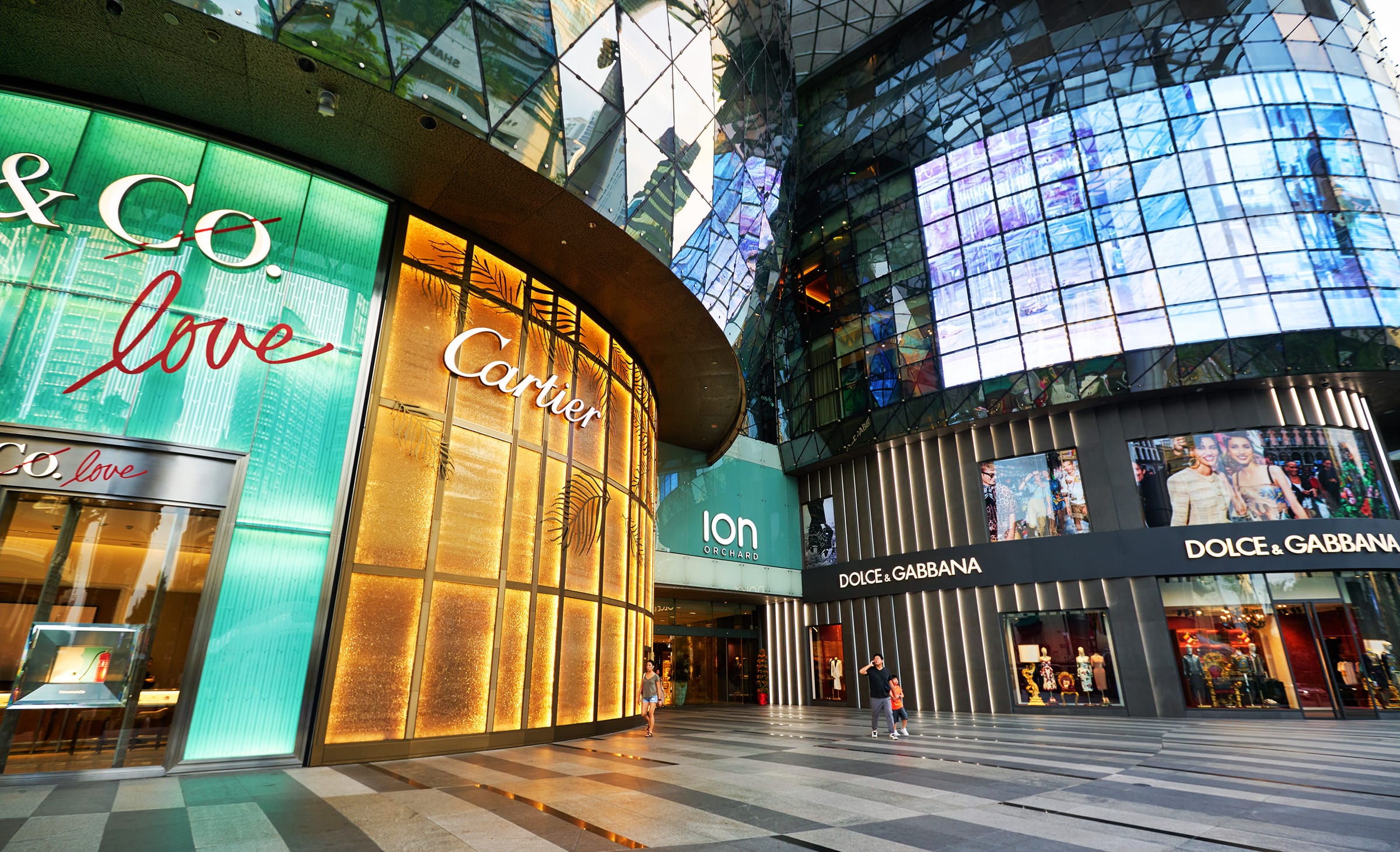I've long observed that the government in Singapore, while delivering a solid performance, has problems with communicating it clearly to the public.
One such example is the impending GST increase to 9%, which was tentatively announced back in 2018 and is now planned to take place by 2024.
While warning the public in advance was certainly a good measure to take, so that people are not taken by surprise, subsequent communication about the tax and mitigating measures is way too confusing for most to work out whether they are actually going to be worse off.
Yes, the government has announced a boost to its GST Voucher packages, offering direct help to most Singaporeans, by sending them cash or offering rebates on utilities and now adding conservancy charges to the mix - but there is a lingering impression that it's just a smokescreen for the tax increase, that will make people much poorer in the end.In other words, despite the fact that most of the tax increase is mitigated for the poorest and even many middle class households, people seem to be quite universally unhappy.
In reality, however, the poorest households will actually pay less in GST than they did before, while slightly better off ones will see only a modest increase.The effective GST rate for people earning $12,000 in net pay per year or less is not 7 or 9% but around just 1% when all of the permanent rebates are considered. This is actually bound to fall to below 1% under new rules.With special payments during the pandemic and the incoming 4-5 year support packages, it's down to zero, with the poorest receiving more than they pay.
For those a bit better off, up to the new assessable income limit of $34,000, living in the largest apartments, eligible to receive the least money in rebates, their annual GST expense may increase by up to 0.8% in real terms reaching only around 7% in total (two percent below the base rate of 9%).
Again, that is excluding special packages, only the recurring GST cash, U-Save and newly announced SCC scheme that will become a permanent component of the voucher system.
The increase will be felt predominantly by the rich, who do not qualify for any rebates and tend to spend a lot more for them to ever make a dent even if they did.
They get to pay full 2% extra + many of them are liable to cough up another 1-2% more in income taxes in the coming years. They're bearing the full brunt of the increase and will contribute vast majority of the new tax revenues.But, somehow, this seems to be unknown to most people. And many of them then parrot the misguided views about how GST is a "regressive tax" that affects poor the most, when in reality effective GST rates for the poorest households are up to a few percentage points lower than for the wealthiest taxpayers.
Alas, it is unknown, because it's not communicated. In reality, because of its voucher system, Singapore has a highly tiered consumption tax, that impacts the poorest the least.





